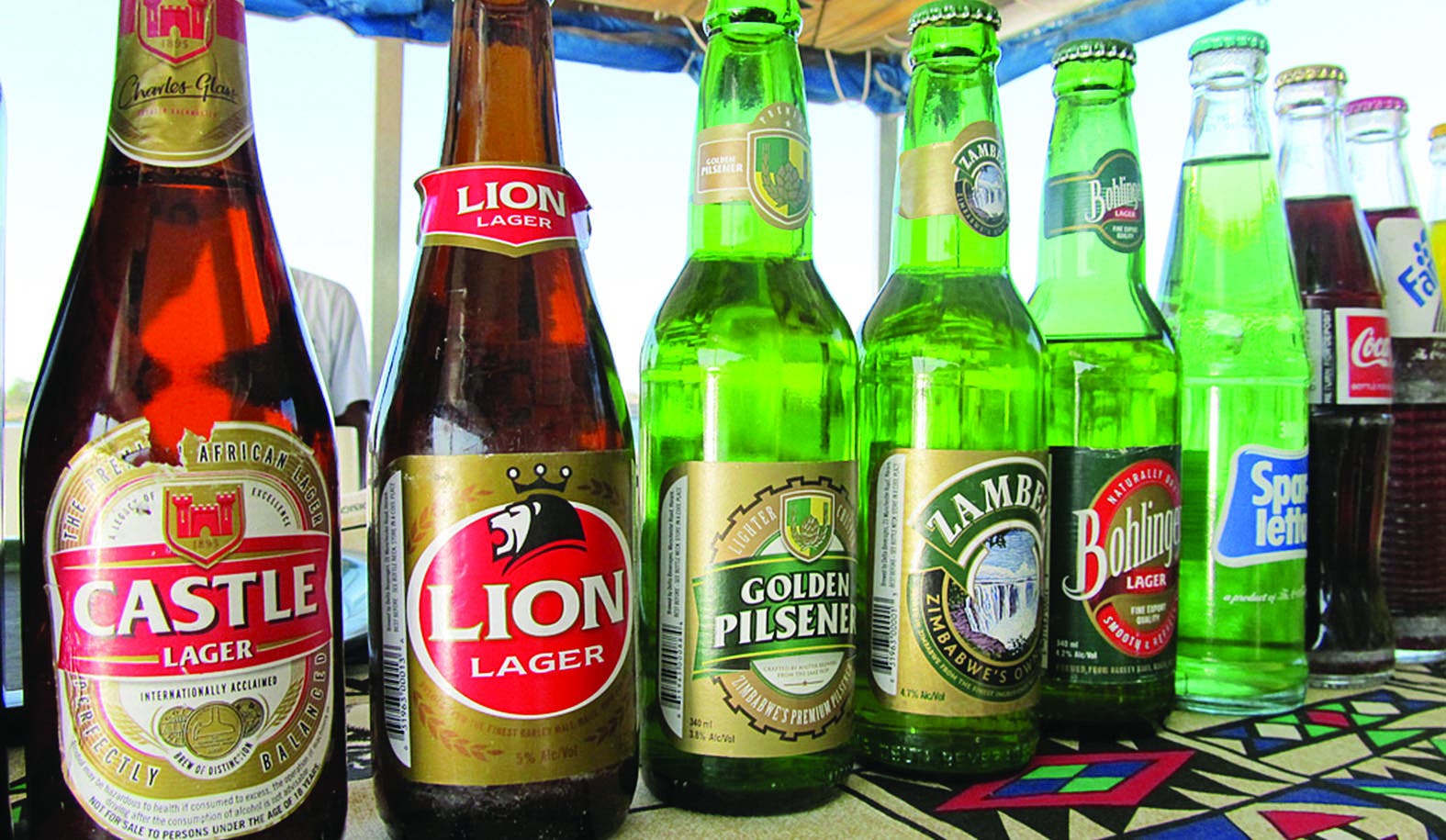Pricing dilemma as Delta sales more in USD
The exchange rate volatility, coupled with fluctuations in market liquidity in both foreign currency and local currency, continue to create challenges for the formal sectors of the economy, particularly as it relates to the pricing of goods and trading terms.
This was said by one of the country’s largest companies, Delta Corporation, in a trading update for the first quarter ended June 30, 2023.
The period under review, the month of June in particular, saw the exchange rate depreciate to $6 926 per US$1 from an exchange rate of approximately $2577 at the end of May 2023.
The rate has since strengthened to $4 517 per greenback reflecting the level of volatility.
At the same time, the annual inflation rate raced to 175.8 percent in June from 86,5 percent in May and has since come down to 101.3 again reflecting high levels of volatility, which Delta says has made it difficult for formal sectors to price their products and services as well as negotiating trading terms.
This has meant most economic agencies are now preferring to trade in foreign currency.
“There has been a general increase in the use of foreign currency for domestic transactions,” Delta said.
Despite the challenges, the beverages giant said consumer spending remains firm, being buoyed by diaspora remittances, government spending on infrastructure projects, mining and agricultural activities and the more stable pricing in US Dollars.
Trading, according to the beverages giant, is now done more in US dollar terms and for the period under review, the revenue in US Dollar terms grew by 10 percent over prior year.
Delta, which has operations in Zambia and South Africa, said the Zimbabwean entities continue to generate sufficient foreign currency through domestic sales with average collections of over 80 percent, “which reflects the constrained Zimbabwe dollar liquidity and trading challenges affecting formal sector outlets”.
The growing demand saw lager beer volumes growing by 12 percent for the quarter compared to prior year.
The Sorghum beer volume in Zimbabwe grew by 7 percent for the quarter compared to prior year.
Sales for both product lines are being affected by product supply gaps which the company is looking at addressing.
For lager beer, product supply is expected to improve following the commissioning of a new bottling line at the end of the quarter and the continued investment in returnable glass bottles.
For Chibuku, a new Chibuku Super plant being installed at Harare Brewery is scheduled for commissioning during the second quarter of the current financial year.
“This will close the product supply gaps and contribute to the regional supply grid,” Delta said.
The Sparkling Beverages volume grew by 11 percent for the quarter. This is expected to grow as a new PET packaging line was commissioned during the quarter, which has allowed the expansion of the PET offerings.
In terms of regional operations, Natbrew Zambia continues to record promising business recovery with the volume for the quarter growing by 74 percent over prior year, being driven by Chibuku Super and the returnable packs.
“The focus is on stabilising the manufacturing platform and optimising the route to market,” reads part of the trading update.
United National Breweries South Africa recorded a volume decline of 2 percent for the quarter.
However, Delta says the offtake of the recently launched Chibuku Super is promising, ahead of the planned local production during the current year.
“The focus remains on penetrating new trade channels and optimising the route to consumer.”
-ebusinessweekly










